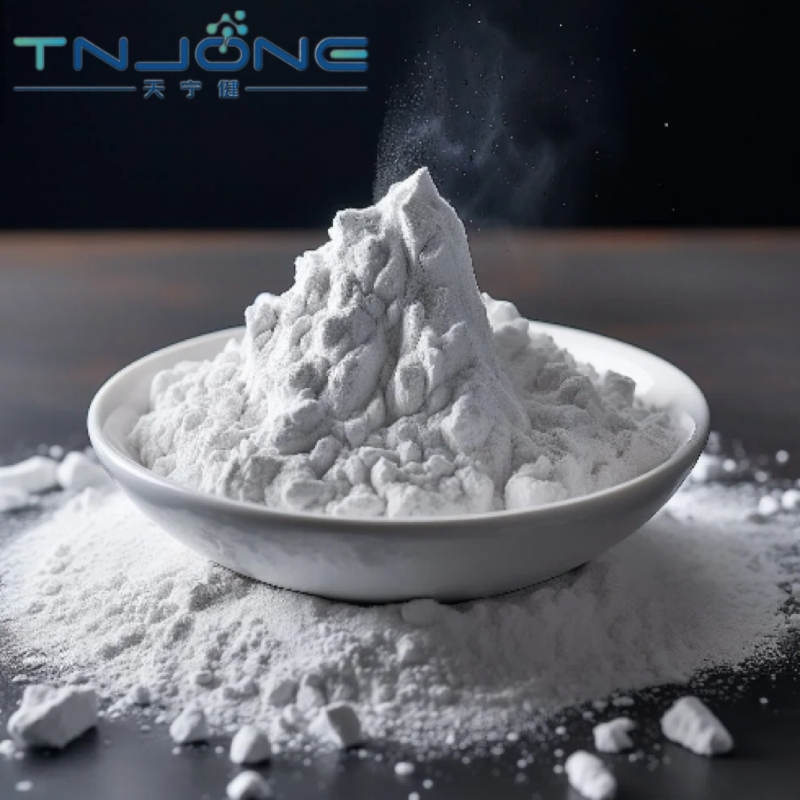-
Categories
-
Pharmaceutical Intermediates
-
Active Pharmaceutical Ingredients
-
Food Additives
- Industrial Coatings
- Agrochemicals
- Dyes and Pigments
- Surfactant
- Flavors and Fragrances
- Chemical Reagents
- Catalyst and Auxiliary
- Natural Products
- Inorganic Chemistry
-
Organic Chemistry
-
Biochemical Engineering
- Analytical Chemistry
-
Cosmetic Ingredient
- Water Treatment Chemical
-
Pharmaceutical Intermediates
Promotion
ECHEMI Mall
Wholesale
Weekly Price
Exhibition
News
-
Trade Service
On Thursday, the U.
The three judges of the US Court of Appeals for the Federal Circuit found that the patent information contained in the Bristol-Myers Squibb patent was not specific enough to determine that Gilead infringed the patent right of Bristol-Myers Squibb Yescarta
In the US$1.
In 2013, Juno received a US 190 patent, which relates to methods for encoding T cells with chimeric antigen receptors (CARs), costimulatory domains, and other components that enable them to target CD19
In 2015, Kite reported to the United States Patent and Trademark Office's Multi-Party Patent Reexamination Procedure (IPR), stating that Juno's 190 patents were invalid, but this report was rejected by the Patent Litigation and Appeals Board in 2016, and the patent was judged to be valid
In 2017, Juno filed a lawsuit against Kite for the first time, claiming that it "has copied and is commercializing" Juno's patented CAR-T technology targeting CD19
According to the judgment of the district court last time, Judge Philip Gutierrez believed that Kite had “intentional” infringement
With the appellate court revoking the fine, Gilead can now be exempt from paying high compensation
In addition to exemption from the $1.
In response, a Bristol-Myers Squibb spokesperson added that the decision of the Court of Appeal "has no impact on the development of the company's CAR-T therapy
Reference source:
Reference source:1.
1.
2.
Gilead wins reversal of $1.
2B penalty in CAR-T patent case







